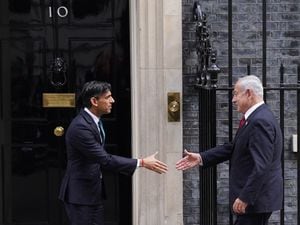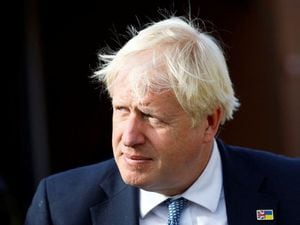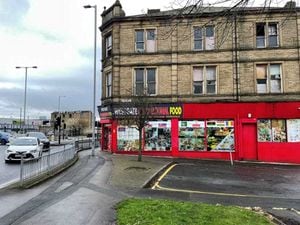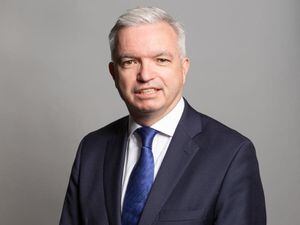Pharmacies could save NHS £640m a year by providing more minor ailments services
The Pharmaceutical Services Negotiating Committee estimates that around 40 million more GP appointments could be transferred to community pharmacies.
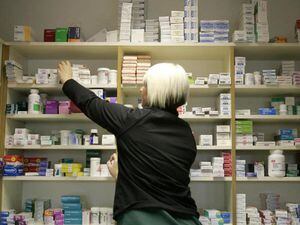
Community pharmacies could save the NHS in England up to £640 million a year if more patients used them instead of GPs, sector representatives have said.
The Pharmaceutical Services Negotiating Committee (PSNC) estimates that around 40 million more GP appointments could be transferred to pharmacies every year if patients with minor conditions were to use them for advice and treatment rather than their GP.
The committee, which represents all 11,200 community pharmacies in England, said this would save an estimated eight million hours of GP appointments, allowing family doctors more time to see patients with more complex or serious conditions.
It also said the cost of funding walk-in services in pharmacies would be around £560 million compared with £1.2 billion for 40 million GP appointments – a saving of £640 million a year.
“Increased investment in pharmacy in the short term will save NHS money in the long term, and also enable people with minor health conditions to access appropriate healthcare very conveniently.
“Pharmacies want to do more to help support the nation and NHS through this Covid recovery phase, and this service would be a great start in facilitating that.”
The PSNC said that, while there is a national community pharmacist consultation service which allows patients to have a healthcare consultation with a pharmacist, they have to be referred by their GP practice or NHS 111.
This creates an additional burden for GP practices so most are not being used to full capacity, it added.
The committee said a walk-in service would help patients get consultations and advice directly from a pharmacy without any input from GPs.
In addition, the PSNC said that, while some areas also have local minor ailments services allowing pharmacies to offer consultations and supply prescription-only treatments for certain conditions, it would like to see this type of service available nationally.
It said that without extra support, pharmacies will struggle to cope with growing demand and patients can expect longer waiting times, a reduction in the range of services available, and more closures.
Bharat Patel, vice chairman of the PSNC and owner of a community pharmacy in Essex, said: “Pharmacies have been at the heart of communities during the pandemic.
“Day after day we’ve been providing healthcare advice and services that were difficult or impossible to access elsewhere. We’ve also played a key role in the national vaccination programme and mass distribution of lateral flow tests.
“With the right funding and support in place, we can do even more to provide the public with access to expert help with minor ailments and, in the process, save the NHS money and ease the pressure on GPs.”

